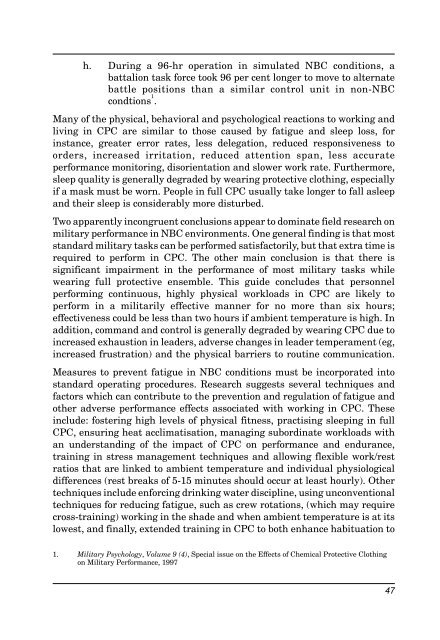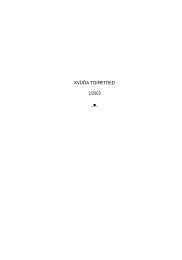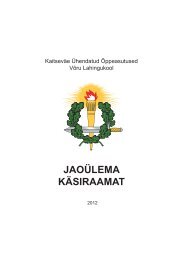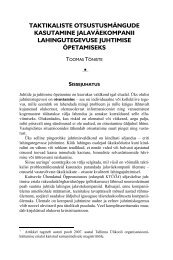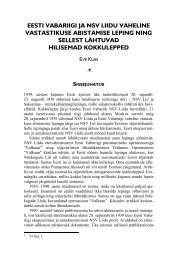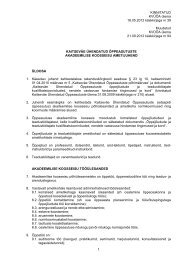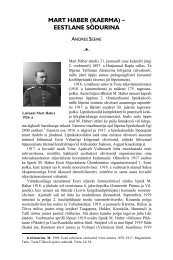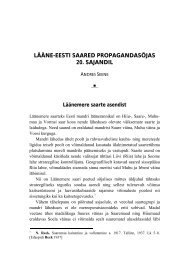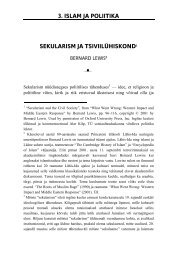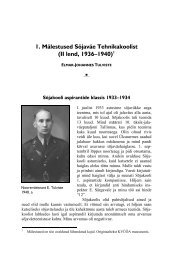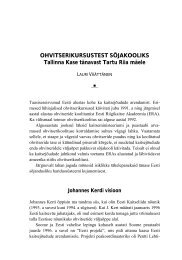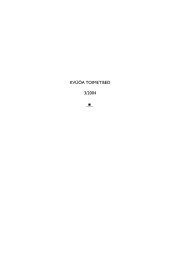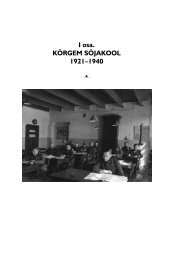Fatigue Management
Fatigue Management
Fatigue Management
You also want an ePaper? Increase the reach of your titles
YUMPU automatically turns print PDFs into web optimized ePapers that Google loves.
h. During a 96-hr operation in simulated NBC conditions, a<br />
battalion task force took 96 per cent longer to move to alternate<br />
battle positions than a similar control unit in non-NBC<br />
condtions 1 .<br />
Many of the physical, behavioral and psychological reactions to working and<br />
living in CPC are similar to those caused by fatigue and sleep loss, for<br />
instance, greater error rates, less delegation, reduced responsiveness to<br />
orders, increased irritation, reduced attention span, less accurate<br />
performance monitoring, disorientation and slower work rate. Furthermore,<br />
sleep quality is generally degraded by wearing protective clothing, especially<br />
if a mask must be worn. People in full CPC usually take longer to fall asleep<br />
and their sleep is considerably more disturbed.<br />
Two apparently incongruent conclusions appear to dominate field research on<br />
military performance in NBC environments. One general finding is that most<br />
standard military tasks can be performed satisfactorily, but that extra time is<br />
required to perform in CPC. The other main conclusion is that there is<br />
significant impairment in the performance of most military tasks while<br />
wearing full protective ensemble. This guide concludes that personnel<br />
performing continuous, highly physical workloads in CPC are likely to<br />
perform in a militarily effective manner for no more than six hours;<br />
effectiveness could be less than two hours if ambient temperature is high. In<br />
addition, command and control is generally degraded by wearing CPC due to<br />
increased exhaustion in leaders, adverse changes in leader temperament (eg,<br />
increased frustration) and the physical barriers to routine communication.<br />
Measures to prevent fatigue in NBC conditions must be incorporated into<br />
standard operating procedures. Research suggests several techniques and<br />
factors which can contribute to the prevention and regulation of fatigue and<br />
other adverse performance effects associated with working in CPC. These<br />
include: fostering high levels of physical fitness, practising sleeping in full<br />
CPC, ensuring heat acclimatisation, managing subordinate workloads with<br />
an understanding of the impact of CPC on performance and endurance,<br />
training in stress management techniques and allowing flexible work/rest<br />
ratios that are linked to ambient temperature and individual physiological<br />
differences (rest breaks of 5-15 minutes should occur at least hourly). Other<br />
techniques include enforcing drinking water discipline, using unconventional<br />
techniques for reducing fatigue, such as crew rotations, (which may require<br />
cross-training) working in the shade and when ambient temperature is at its<br />
lowest, and finally, extended training in CPC to both enhance habituation to<br />
1. Military Psychology, Volume 9 (4), Special issue on the Effects of Chemical Protective Clothing<br />
on Military Performance, 1997<br />
47


